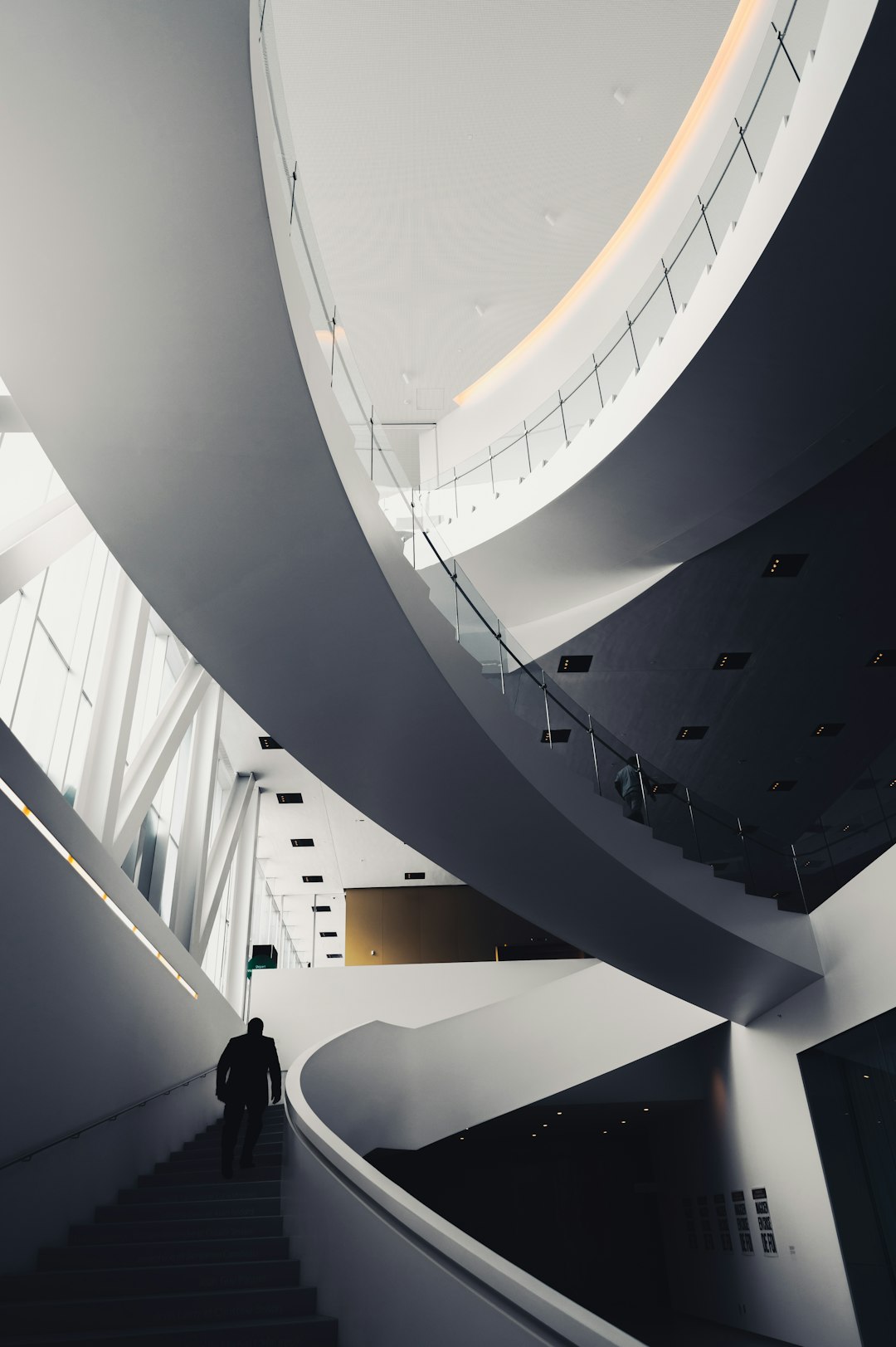AUSTIN, TX – MARCH 09: Editor-in-Chief Meredith Talusan speaks on stage during Bumble … [+]
Getty Images for Bumble
“You look the same,” a classmate exclaims to Meredith Talusan during a 20th Reunion of Harvard College however, as an undergraduate student she * was known as “Marc”. In the years following her graduation, the famous journalist had made the transition and was now called “Meredith”.
Later that same day, Talusan enters his old dormitory on campus. Spying on a mirror, she looks at her reflection and wonders if it is possible to identify a part of a man who is looking back, despite the sacrifices she has made.
Drama scene launches new Talusan memoir The most beautiful (Viking Press, 2020), about his youth as a boy living with albinism in a rural Filipino family and the complicated journey it took to become a successful writer and gender-non-conforming American transfeminine.
Talusan is an elder Buzzfeed member of staff and wrote for The New York Times
NYT
* Talusan uses the pronouns she / her and they / them.
How did you get started in the media?
It was quite accidental. I was in a doctoral program in comparative literature. I’m supposed to finish my thesis once things calm down. It was five years ago. There’s no sign they’re dying, so my fingers are crossed.
A friend of mine decided to become an editor. For a few years he kept saying, “Meredith, there aren’t people writing about trans issues in mainstream media posts.” It was in 2012 or 2013. There were a couple, like Jennifer Finney Boylan, who wrote for The New York Times for a long time.
But he just felt like there was this void. For a few years I said to myself, “I’m busy. Then one afternoon I saw this transgender model from the Philippines, Geena Rocero, in a TED talk. I thought to myself, “I want to write about the difference between dating trans and dating gay. ”
I wrote this editorial and sent it to my friend. I had a Twitter account that was pretty dormant, but it has a significant number of followers. He published the article in April 2014, which garnered a lot of attention on Twitter. Other editors have started to contact me. In August 2015, I received a columnist offer from The Guardian and an editor-in-chief offer from BuzzFeed.
I was just like, “Look, I should finish my thesis, but I don’t know if this job offer is going to last.” So I started at BuzzFeed.
Amber Tamblyn, one of the founders of Times Up, says your book The most beautiful is “a love story, a queer story, an immigrant story, an American story, a coming-of-age story, a revolutionary story.” How do you describe your memory?
Amber is super smart and one of the people who taught me my book. My main goal was to write about my experience, both as a trans person and as a person of whitish color, in the most honest way possible, which I think many minorities are prevented from doing. In order for us to gain respect in society, there is so much pressure on us to present ourselves in the most sympathetic and respectable way possible. It was important for me to be able to write about my experiences and describe myself as accurately as possible, including all of my challenges and shortcomings.
Random penguin house
The New York Times review says your book embodies the meaning of intersectionality. How do you see intersectionality in your life today?
I just live an intersectional life. So many people in the United States do this in various ways, right? For example, if people come from a mixed cultural background, if they simultaneously identify as queer and a person of color, or if they are immigrants, or come from a situation of poverty, or they live with a disability. I happen to combine a really extreme set of marginalized identities – and also privileged identities. I’m a person who comes from a super marginalized place, as a trans person, as an albino, as a first-generation immigrant, but found myself in rarefied elite environments like Harvard and Condé Nast.
This paradox is something I live with on a daily basis. I live in a position of extreme economic privilege in relation to my family members in the Philippines, but also to many family members in the United States.
There’s a lot of talk about class mobility in the United States, about people living the American dream. You can get out of poverty and achieve greater economic prosperity, but people don’t often talk about the fact that you can’t necessarily always take your whole family with you. I went to Harvard. None of my siblings did and they married working class people. We live different lives and have to deal with all the tensions and difficulties.
One of my sisters is married to a policeman in New York. One of them is married to a fairly conservative correctional officer. The versions of America that we have come to experience are completely different from each other.
NEW YORK, NY – APRIL 19: Meredith Talusan attends the “Call Her Ganda” premiere at the 2018 … [+]
Getty Images for Tribeca Film Festival
One of the passages in your book refers to being “an outcast among the outcasts” and also “accepting the blessings of your unique existence,” two very powerful statements. What do you attribute such a strong sense of self to?
I grew up in a small community and had a protective grandmother, who never allowed people to speak badly about me. I lived in this bubble for a long time as a child, and in which my albinism was treated as special rather than aberrant.
By the time I was more fully aware of the things I was supposed to feel, my sense of myself was already fully formed, both in terms of people teasing me for being albino when I was in the Philippines, but also when I arrived in the States. I came to America in my second year of high school, and people tried to intimidate me. They just weren’t having fun because I just didn’t really understand when people said, “You’re an albino mutant.” It just didn’t stick because I knew those things weren’t true.
But also, growing up queer in a deeply Catholic country, I needed to have independence of thought. I clearly remember being seven or eight years old, learning that homosexuality was a sin, knowing that I was homosexual and saying to myself, “That can’t be true. It just doesn’t make sense that this thing about me that seems fundamental is somehow a sin if it doesn’t hurt anyone.
From a human rights perspective, what is the most crucial thing you would like cisgender people to know about transgender and non-binary people?
It is an intersectional question. I think that separating transphobia from all the different ways that people from marginalized communities are oppressed in this culture does the question a disservice. It’s really important to clarify that the people most affected by this type of violence are mostly black trans women, but also include Brown and other POC people.
For people who live at the intersection of marginalized identities, the danger becomes increasingly magnified. For example, people who experience discrimination in the workplace or in education – I know a lot of people who have had to drop out of school because they were relentlessly intimidated. As a result, they cannot find a job. Qualified people do not get jobs because they are discriminated against because they are trans.
So they have to go to informal economies to make money which makes their lives much more dangerous and more vulnerable to violence or they don’t have as much choice in terms of where to live so they are more likely to live in places where high rates of violence can occur for trans people. This is a really important thing.
But violence that results in death is just the tip of the iceberg of what it means to be trans in this culture and what challenges trans people face. Many of us must be Swiss Army knives. I cannot be just an author. Trans people can’t just be models, actors, or doctors. We also have to do the political and emotional work of being activists.
This interview was conducted for The Revolución Podcast with co-hosts Ana Crandell, Diego Lastra and Court Stroud. Listen to the full episode with Meredith Talusan on Apple podcasts, Google Podcasts, Amazon podcasts, iHeartMedia, Spotify or by by clicking here.
 Resource KT
Resource KT



